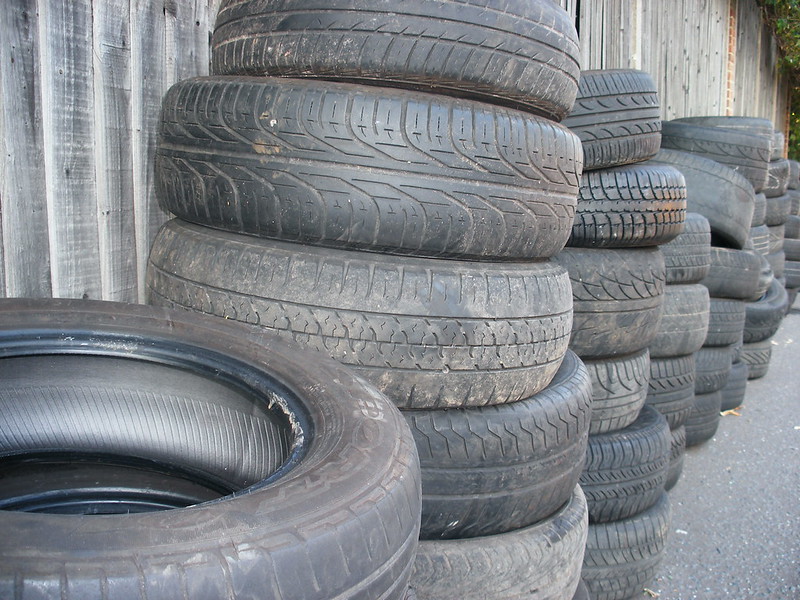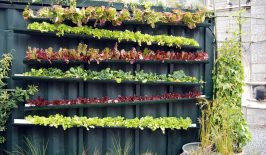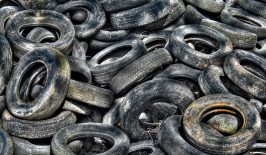Around 13.5 million tonnes of used tyres are removed and discarded every year around the world (USA: 4.4 million, Europe: 3.4 million). At best, those tyres are further processed or end up in landfills, at worst they end up rotting somewhere in the natural environment. As well as being an economic disaster – the waste produced costs society 164 million euros a year, and a further 289 million euros are spent on the raw materials – the most obvious problem is the enormous environmental damage. It is estimated that it takes around 2000 years for a car tyre to decompose completely. In the Kuwait desert there is a tyre graveyard so big it can can be clearly seen on satellite pictures. In the USA, about 700,000 old tyres lie on the seabed off the coast of Fort Lauderdale alone. A military project to recover the tyres in 2013 was cancelled due to cost reasons and due to the enormous quantities of tyres involved.
The Swedish company EcoRub has been recycling old tyres for over 20 years. They removes the metals and other materials from the tyres, leaving only the rubber. This is cut into small pieces and then ground it into a powder along with various types of recycled plastics. The bond between both components, the rubber and the plastics, is strengthened by a so-called co-polymer molecule, transforming it into a new rubber-based compound: EcoRub’s patented TPRR – Thermoplastic Recycling Rubber. The mixture is highly customisable and can be adapted to make the resulting material harder, softer, or more or less elastic – giving it specific characteristics for specific purposes.
One of those is in the railway industry – producing durable, sustainable and absorbant materials that help the industry deal with the noise and vibration problems that come with that form of transportation, especially at increased speeds. Another is in agriculture – producing durable rubber for feed rings, wall coverings and damp protection. The new materials can also be recycled over and over again, making both the production very environmental friendly and extending the life-cycle of the end products and making it a material for the circular economy.






